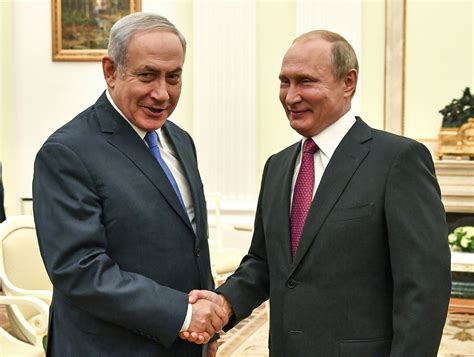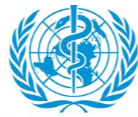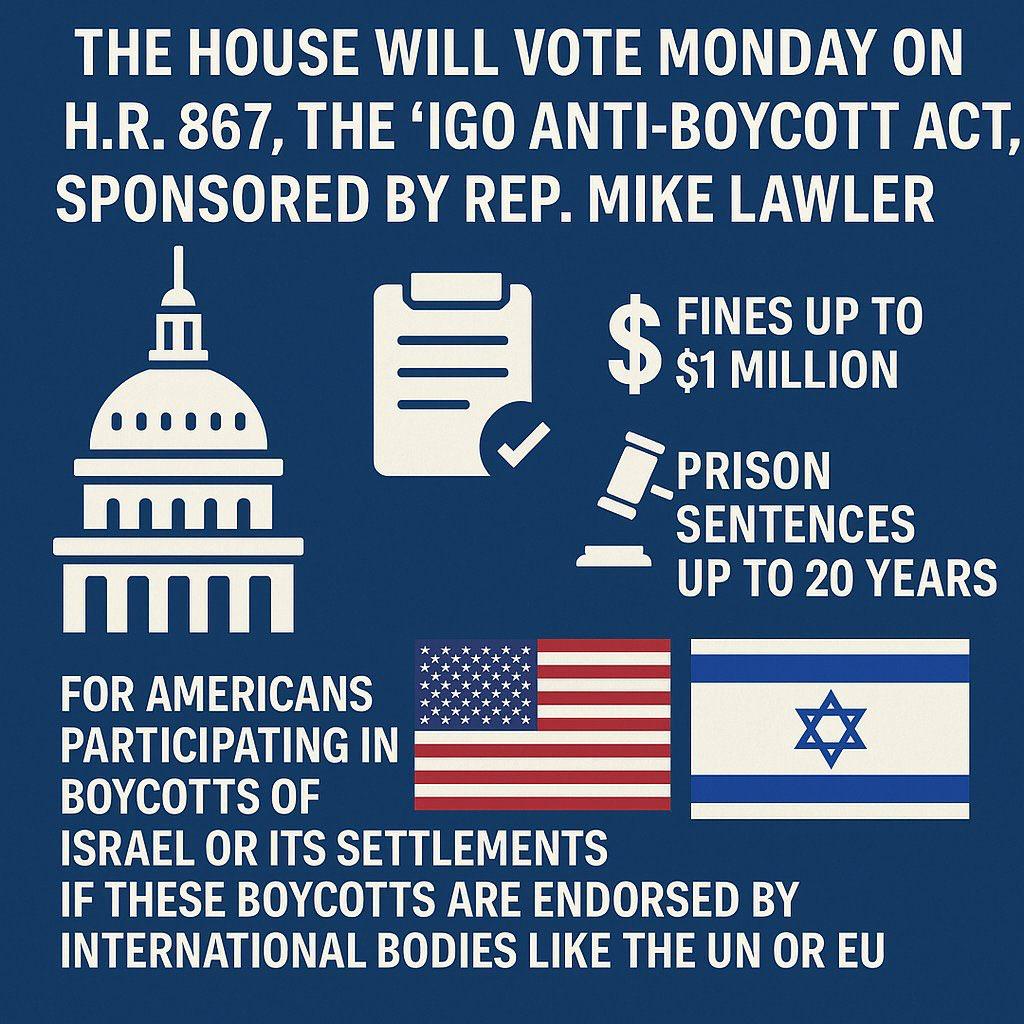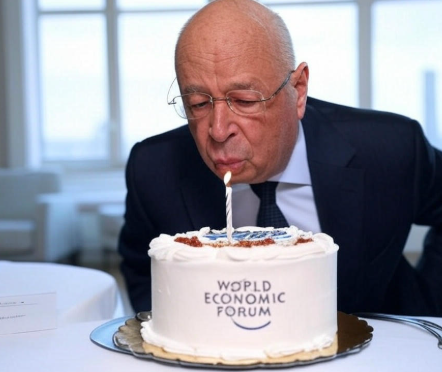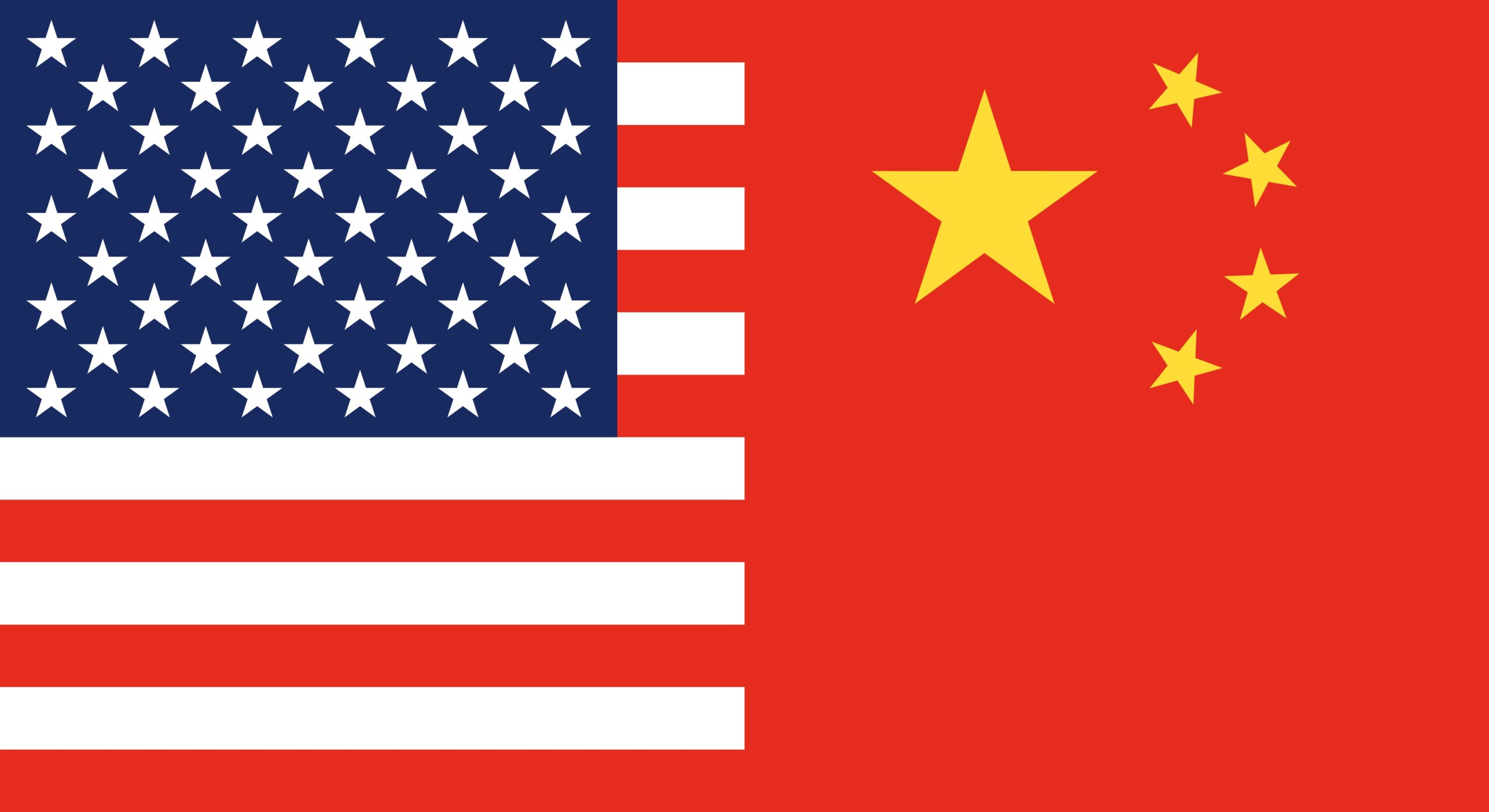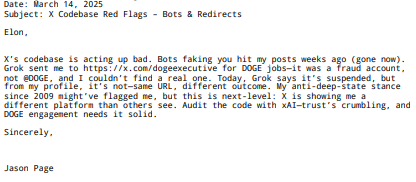6 min read
0
Perpetual War and Global Fallout: NATO and Cycles of Conflict Amid 80th Anniversary of Victory over Nazi Germany
In May 2025, a phone call between Israeli Prime Minister Benjamin Netanyahu and Russian President Vladimir Putin marked the 80th anniversary of the victory over Nazi Germany. Beneath the diplomatic gesture lies a troubling alignment: both leaders justify their wars—Netanyahu in Gaza, Putin in Ukraine—by invoking existential threats, framing themselves as defenders against modern-day Nazis. This narrative masks the mass killing of civilians, mounting military losses, and severe economic and moral costs. Their wars, driven by authoritarianism and ultra-nationalism, isolate their nations and fuel global instability, from NATO’s frontiers to the Middle East, while fostering terrorism born from dissent against injustice. Russia, Ukraine, and the NATO Question Russia’s invasion of Ukraine is partly driven by its fear of NATO’s eastward expansion, which it perceives as a threat to…

